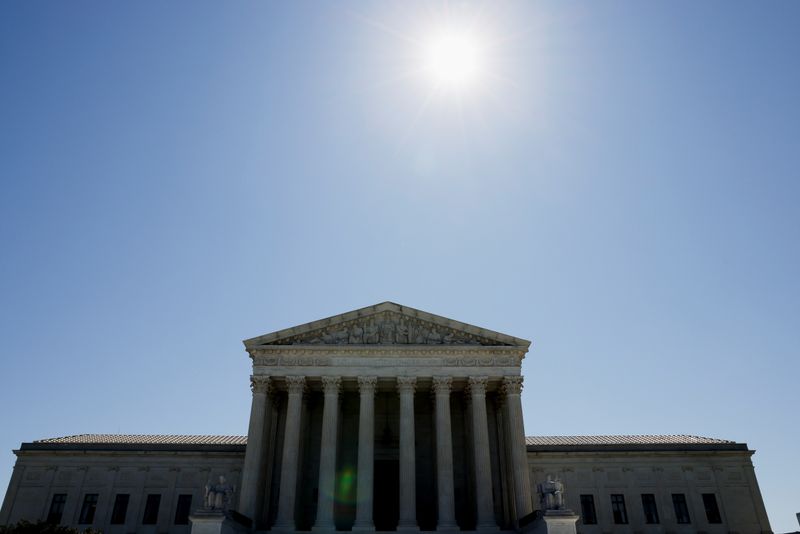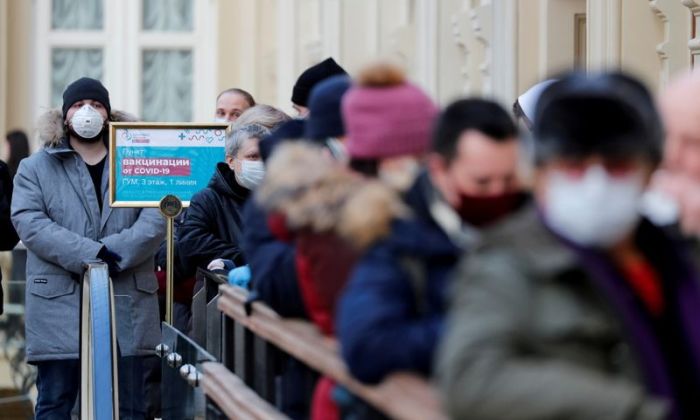WASHINGTON (Reuters) – The U.S. Supreme Court on Monday declined to hear a bid by health insurance companies to seek a full reimbursement from the federal government under a provision of the Obamacare law aimed at encouraging them to offer medical coverage to uninsured Americans.
The justices turned away appeals brought by private insurers Maine Community Health Options, Community Health Choice Inc and Common Ground Healthcare Cooperative.
The insurers had said they were collectively owed millions of dollars for each year they did not receive payments the government had pledged to make under the 2010 law, formally called the Affordable Care Act. Litigation will now continue in lower courts over how much the insurers can claim.
The Supreme Court left in place an August 2020 ruling by the U.S. Court of Appeals for the Federal Circuit that the insurers’ reimbursement for money owed could be offset by other income they received from the government in the form of premium tax credits.
The Supreme Court in an 8-1 ruling in April 2020 in a related case decided that the federal government must “honor its obligations” and pay various private insurers up to $12 billion owed to them.
That ruling concerned payments to the insurers via the law’s so-called risk corridor program designed to mitigate insurers’ risks from 2014 to 2016, when they sold coverage to previously uninsured people through exchanges established under Obamacare.
The latest case was related to a separate Obamacare provision that requires the government to reimburse insurers for cost-sharing payments such as deductibles and co-payments. The administration of former President Donald Trump announced in 2017 that it would cease making the payments.
Unlike other litigation involving Obamacare – long targeted by Republicans for repeal in Congress or invalidation through the courts – this case concerned only payments to insurers and did not directly challenge the law itself.
The court in a 7-2 ruling last Thursday rejected a Republican challenge to the law, the third time that the justices preserved Obamacare over the past decade.
The law has enabled millions of Americans who previously had no medical coverage to obtain insurance, including those with pre-existing medical conditions, though an expansion of the Medicaid program for the poor and though private insurers.
(This story corrects to refer to cost-sharing provision of law, not risk corridor program, paragraphs 6-7)
(Reporting by Lawrence Hurley; Editing by Will Dunham)
























